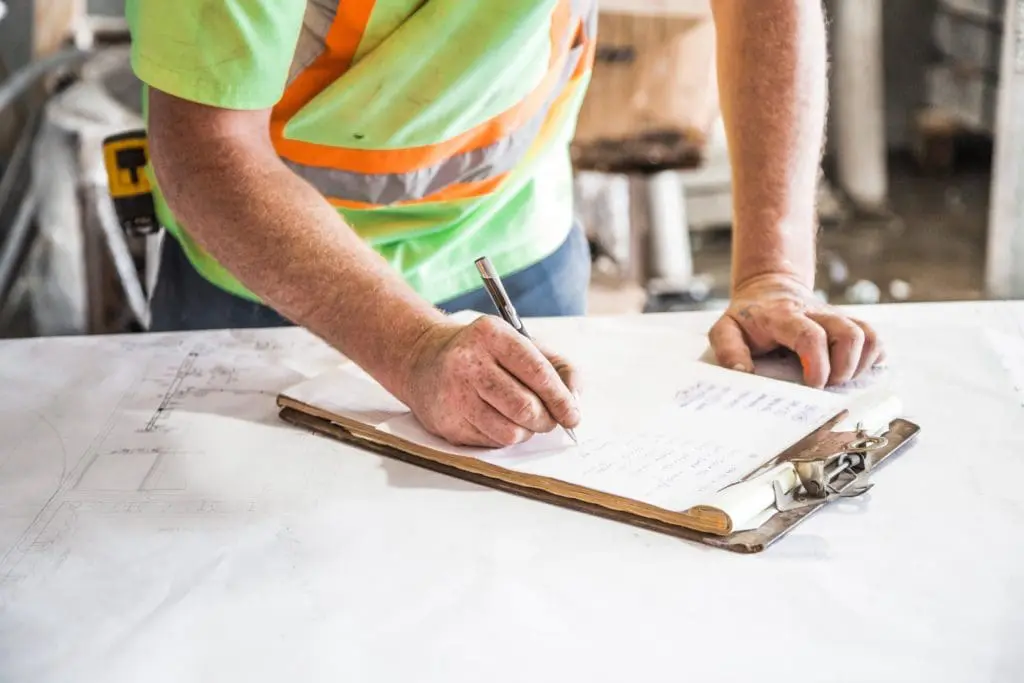This article was originally published in the November/December 2019 issue of Breaking Ground, the magazine of the Master Builders’ Association of Western Pennsylvania.
The legal framework regulating Pennsylvania oil and gas operations is dauntingly complex. Trying to navigate the ever-changing guidelines can be challenging and laborious. But that shouldn’t discourage construction, waste disposal, trucking, and drilling companies from paying close attention – because the burden of compliance with Pennsylvania’s various oil and gas regulations will undoubtedly fall to them. These industries are on the front lines of fracking controversies. In order to help alleviate that burden, we have outlined potential challenges alongside several tips for success, specifically when working with local municipalities on oil and gas projects.
BACKGROUND
For well over a decade, unconventional oil and gas operations, also known as “fracking,” have been a huge driver of economic activity throughout Pennsylvania. Since 2000, it is estimated that over 21,000 wells have been drilled throughout the Marcellus Formation. Those wells have generated substantial business for the construction, waste disposal, drilling and trucking industries.
Shortly after its introduction, fracking became a source of opposition, controversy and lawsuits. One focal point of the debate: Should fracking be constrained to industrial areas or open to occur in rural areas within local municipalities?
Several lawyers, including members of the Pennsylvania Supreme Court, have argued that fracking should be limited to industrial areas because of the heavy noise and pollution that occur during well pad construction – the initial phase of development. Such opinions stand in stark contrast to 50 years of Pennsylvania land use and zoning law, which has historically only considered effects that arise after construction is complete, not those that occur during initial construction. Once in production, a well pad is fairly unobtrusive.
The resulting series of laws and court decisions have taken the construction, trucking, waste disposal, and drilling industries on quite a ride. One minute they are enjoying privileges that few other industries have ever enjoyed, and the next they are subject to special rules and restrictions that apply nowhere else. Ultimately, oil and gas law in Pennsylvania has been shockingly unstable, with new decisions coming down every year, some of which radically overturning existing rules.
While we cannot know for sure whether the uncertainty is behind us, over the last several years, court decisions seem to have stabilized around the notion of “local control.” Local municipalities have been granted extraordinary rights to regulate oil and gas – seemingly beyond their ability to do so in any other industry. Given the authority that has been granted to local municipalities, some of the most important people involved in the success of your oil and gas projects will be the elected officials in any given community.
POTENTIAL PITFALLS AND TIPS FOR SUCCESS
- Your costs, time and legal requirements for doing any work may vary dramatically from town to town.
Since local control is key, two sites practically side by side may have wildly different requirements that you must comply with. In one town, you may be required to coordinate with local school districts to not interfere with school buses, while another town may not have that requirement – even if the two municipalities are in the same school district. Some municipalities may require air quality monitoring or only allow electric equipment to be used. Hours of operations may vary in different locations – the list goes on.
Tip for Success: Carefully review any local zoning ordinances before bidding on a project and be prepared for those requirements to expand if oil and gas operations are denoted as “special exceptions” or “conditional uses” within the zoning ordinances. In those cases, a hearing will be held and the board may impose additional conditions.
- Zoning ordinances can change at any point in time.
As with many other local regulations, zoning ordinances are subject to change as a result of any related board rulings. One day, a local zoning ordinance might be considered favorable for an oil and gas project and the next day a new ruling could make the ordinance less favorable for one reason or another.
Tip for Success: If the current zoning ordinance is favorable, make sure your application is filed as quickly as possible. Any application is governed by the ordinance in place at the time of filing.
- Community involvement can derail projects.
The bulk of complaints from community members are in regard to noise during the hydraulic fracturing process. Other complaints may relate to air quality and potential water quality issues.
Tip for Success: Being prepared to deal with those issues at the start of any given project may head off further opposition. Be accessible to the community. Be prepared to deal with conditions that relate to air quality, water quality, and sound.
- Unforeseen conditions can make budgeting difficult.
The truth is the cost of these projects can be very difficult to predict. It becomes easy to overpromise and under-deliver. If the ordinance makes oil and gas operations a special exception or conditional use, any price estimates or contracts must take into account the risk that other conditions may be applied after signing.
Tip for Success: Put plenty of contingencies in your bid in case of unexpected conditions or delays. Carefully document in all contracts the party that is responsible for any delay damages, especially if the application process is in the hands of the energy company’s attorney. Don’t get stuck holding the bag.
- State and federal regulations add additional layers of red tape.
Local municipalities may impose conditions without fully understanding what is feasible or permissible under state or federal rules. State permits for well pad construction may impose limits that make compliance with local ordinances difficult. For instance, if your state permit does not allow you to engage in operations outside of the permit area, but the town wants you to landscape outside of that area, be prepared to address that with the local board.
Tip for Success: Make sure you are aware of any state permit requirements. Have a pre-application meeting with local officials to learn if there are any specific concerns. Be prepared to educate local officials of state and federal laws, as this may be their first time dealing with a well pad in their community.
- Varying local rules require unavoidable, time-consuming review.
Zoning ordinances are not the only local rules that require attention. Ordinances within any given category can vary from town to town and any unique requirements necessitate an in-depth review. For example, does the municipality have a subdivision and land development ordinance? If so, you may be required to receive a separate land development approval on top of any zoning rules.
Tips for Success: Keep an eye out for any potential roadblocks. Review any previous approvals by the municipality. It is likely that any conditions present there will be imposed on your approval as well.
CONCLUSION
When controversy erupts around fracking, never forget that nearly all of the compliance burden and any subsequent issues fall to the companies in charge of constructing and drilling the well pad. The energy company that will make money for the next 40 years selling the natural gas during the quiet production stage has a different set of concerns. You can’t rely on the energy company to meet all of the requirements triggered by local ordinances.
The unfortunate truth is, while there are steps you can take to mitigate your risk – many of which we outlined above – you may not know what you are getting into until the process is well under way. You may have a board that seems friendly, but suddenly turns hostile after public pressure starts to come their way. You may find well-funded community groups filing challenges to approvals, even after they have been granted, or challenging the zoning ordinance you were already set to comply with.
Be prepared, follow the tips for success, and you may find yourself positioned for significant growth in the oil and gas arena. Despite today’s historically low gas prices, new pads are still being built. However, if you fail to do your homework you may find yourself losing time and money that you can’t get back. When in doubt, consult an experienced oil and gas attorney to help you navigate this complex and evolving regulatory landscape.
Contact Maiello Brungo & Maiello for more information.


